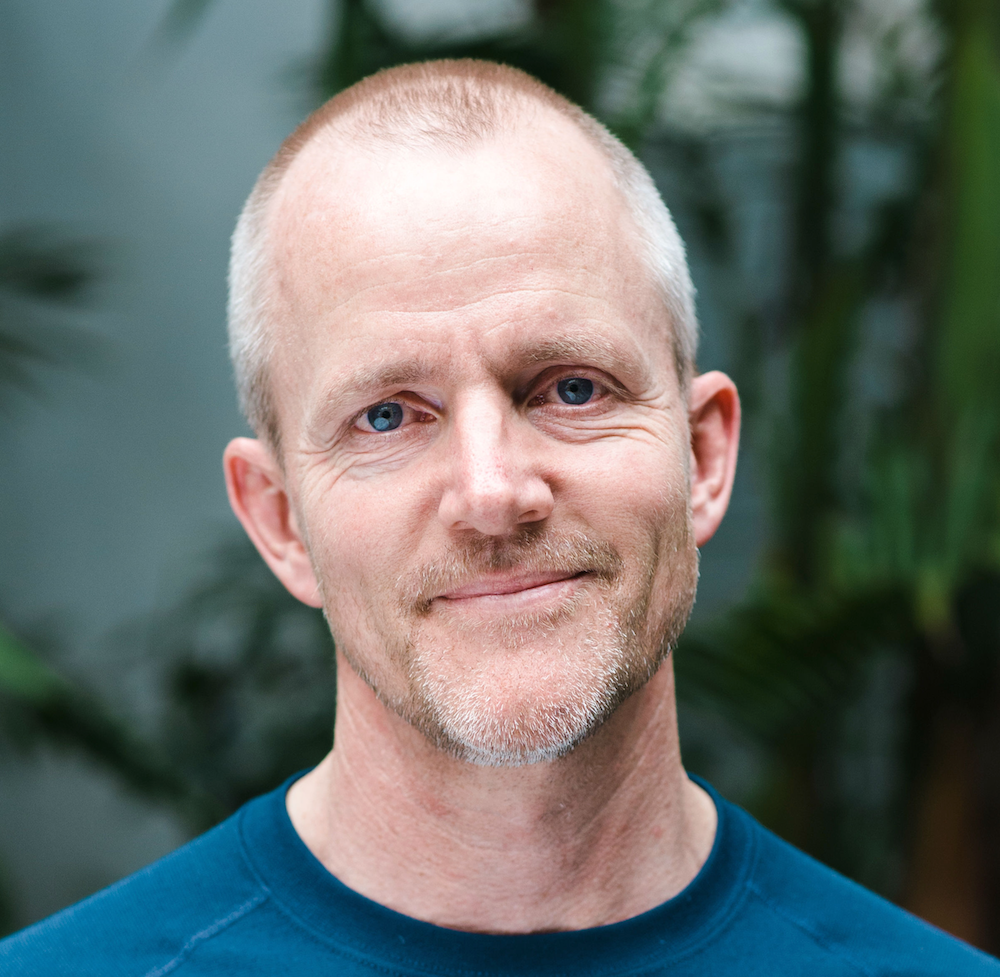Matthew Pryor is Co-Founder & Managing Partner, Tenacious Ventures
What was your first job?
My first paid job was working the broom as a roustabout in a shearing shed. It was hard work but also full of new experiences. It also connected me with agriculture and technology in a roundabout way (longer story).
When did you know you wanted to work in finance/business?
I came to the investment side much later in my career. I have been a startup founder several times over and loved those experiences. After an agtech company I co-founded was acquired in 2017 I started to think about the next phase of my professional life and eventually found my way into venture capital and impact by co-founding Tenacious Ventures with Sarah Nolet.
When did you first discover the concept of Impact Investing?
In many ways, agriculture is quite unique as an industry in which impact and investing go hand-in-hand from the outset. Investing in technological innovation to improve the efficiency of the agri-food system is very likely to align directly with impact outcomes. I am particularly motivated by impact that enhances ecological sustainability and our natural environment. Two things to which food and agriculture are so intimately connected
The idea of supporting innovators to improve the efficiency and productivity of the food system while helping to improve the ecological sustainability of the natural environment just seemed so obviously appealing.
What’s one exciting development you and your team have in the pipeline?
Our most exciting development right now is the creation of our second fund. We are so proud of the impact achieved already by the companies that we have supported through our first fund that we don’t want to wait to scale up and do more.
Australia is a world leader in climate-adaptative agriculture, and we see so much global potential for a VC firm focused entirely on impact-focused investing in the agri-food value chain.
What was the most interesting impact deal (from any team across Asia/Pacific) in the past 12 months?
It is so hard to boil it down to one thing. Whilst not a ‘deal’ per se, the increasing focus on climate-related and nature-related financial and risk disclosures will have massive implications. We are excited by the opportunities that this increasing focus from institutions and corporations will bring for new innovators.
Name one high impact company (globally) that investors should keep their eye on?
One of the seven impact pathways we focus on is called ‘Lower Intensity Production’, and many of the companies we support are creating unique and globally scalability ways to achieve this. RapidAIM is a great example of a company using technology to lower the chemical intensity of agricultural production. Invasive insect pests can dramatically lower production, but using synthetic pesticides to address the problem has huge consequences. RapidAIM is innovating a new form of ‘digital assurance’ to enable farmers to manage pests in entirely new ways, utilizing biologicals and integrated pest management rather than chemical sprays.
What’s your vision for impact investing in 5 years time?
In 5 years, I expect that impact will be embedded directly into almost every aspect of investing. We cannot afford to view impact returns differently from financial returns. Certainly, with respect to climate and ecological health, investment in the agrifood system must be impact investing.

